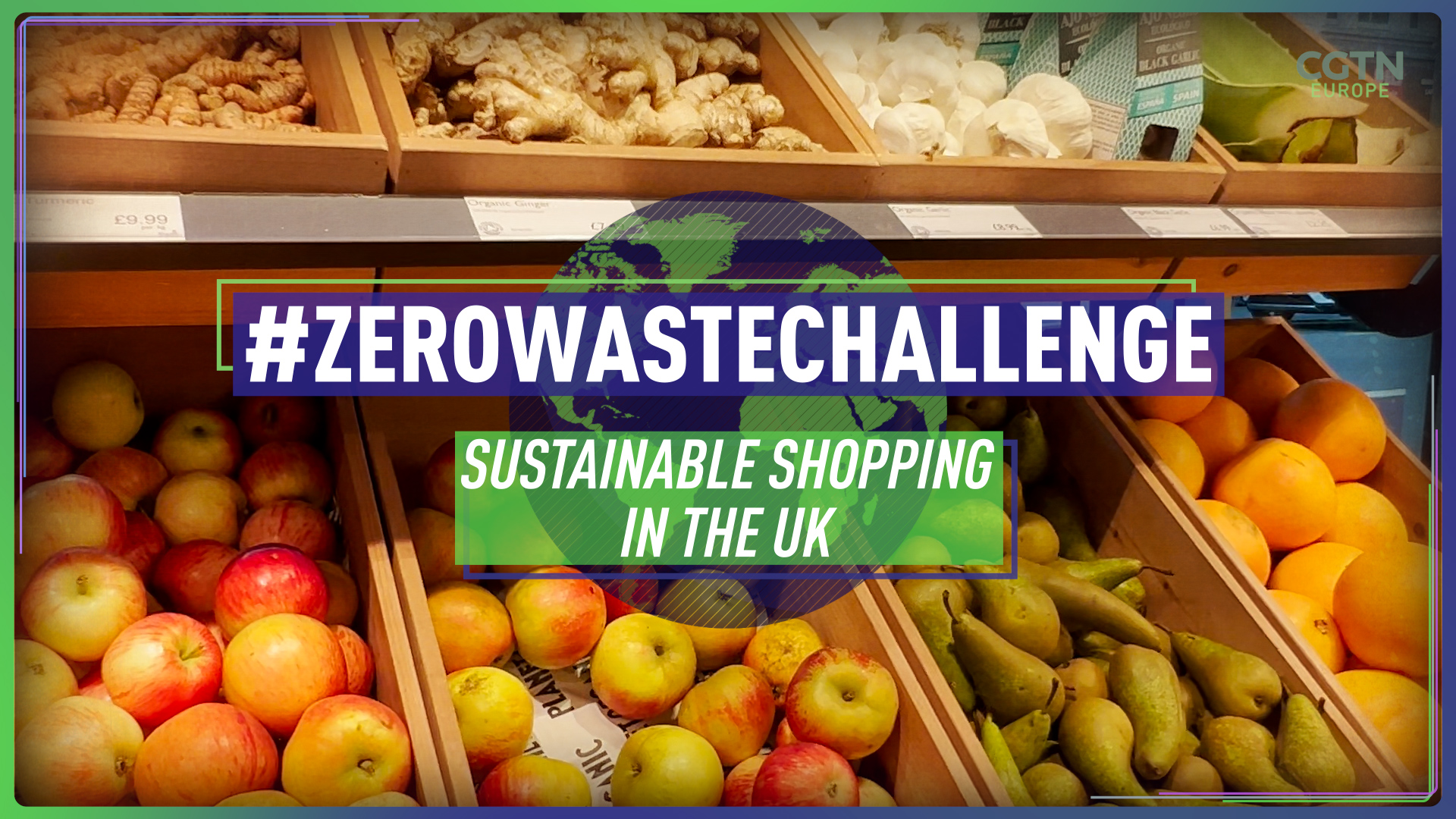The methods and means of shopping have changed enormously in Europe and the U.S. over the last 50 years. To a large extent, gone are the local specialist shops – the butchers and bakers – and local grocery stores, run out of business by ultra-competitive chain superstores with economies of scale and low margins.
The twin appeal of low cost and efficient convenience have driven customers away from often independent shops to one-stop supermarkets. For most people, the regular household grocery-shop now consists of driving to a megastore for one big regular purchasing spree – perhaps weekly – or even reversing that by ordering from supermarkets that deliver to the door, usually in multiple plastic bags.
READ MORE:
The #zerowastechallenge
Johnson and Macron hold talks over fishing row
COP26: What to expect from the event?
Now, Europe and the U.S. are grappling with the problems caused by single-use plastic packaging – but is there a sustainable alternative? In China, is the grocery market moving towards megastores too? And in Nigeria, are people aspiring to the sort of shopping experience that has become the norm in the U.S. and Europe? What motivates the average shopper there?
We asked our worldwide Zero Waste Challenge participants to describe their regular shopping experiences, with a particular eye on waste.
04:48

Europe: Francesca Della Penna, London, UK
"I was utterly shocked about the amount of plastic I found during my food shopping," says Francesca, our Italian Zero Waste Challenge correspondent, based in London, "and not only for fruit and vegetables."
While the wrapping of fresh food in single-use plastic has long been contentious, Francesca found it "in all areas, from personal hygiene to snacks."
This is not necessarily a Europe-wide problem. "Anything that you can think of in the UK is wrapped in plastic, and it's not like that in Italy," Francesca says. "The fruit and vegetable space in a supermarket in Italy is mostly plastic-free."
Francesca perfectly summarizes the central question: "Why do they wrap them with unrecyclable plastic? First, it's not needed. Secondly, it's not sustainable."
Even potential alternatives have their downsides. "I don't have an option to go green in a supermarket, but if I look for something online, that's going to increase my carbon footprint because I'm going to purchase something on a website and that thing needs to arrive at my house and needs to be wrapped and packaged."
This story is part of CGTN's #ZeroWasteChallenge as four people on four continents reveal how sustainable their country's culture is.

